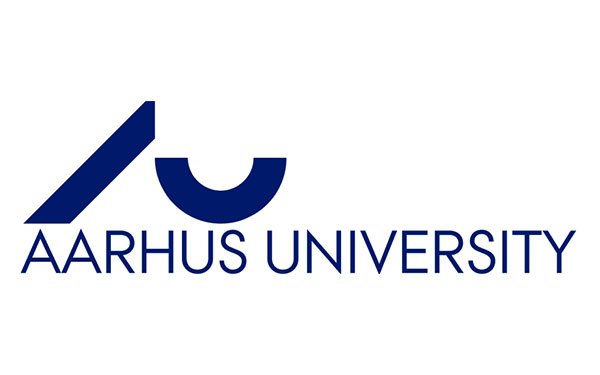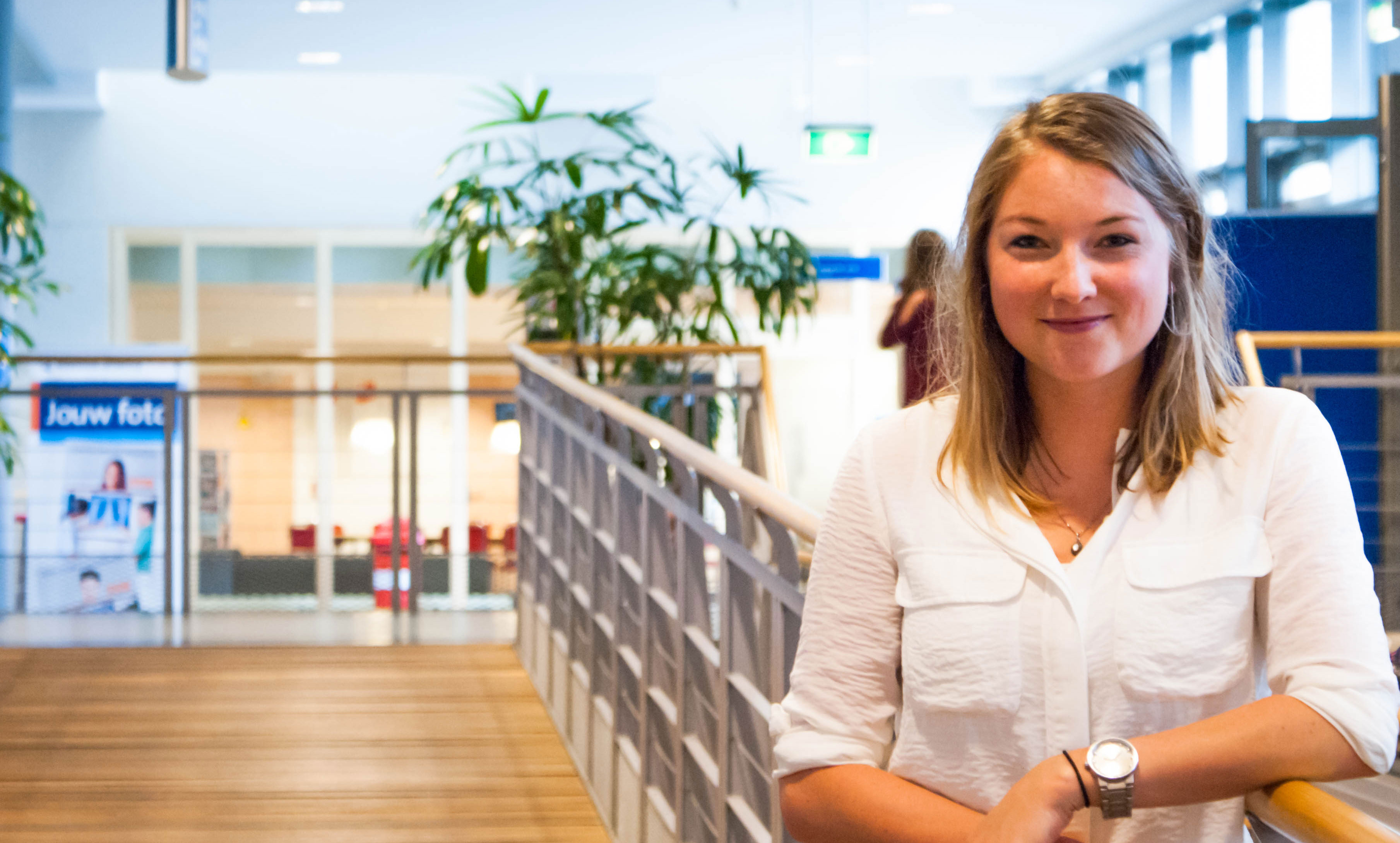My experience with both clinical settings and scientific research makes me a capable researcher with a diverse toolset. Throughout the years, my curiosity for the biological mechanisms of the brain has turned my interest into an expertise on the aging
brain. I have an excellent scientific background which, supplemented with a fluency in Dutch, English and German, enhances the communication with international team members and potential participants.
I love doing research. The contact with participants, the elaboration of test scores, analyzing your own data and writing it all up in a paper.
It gives me energy and makes me feel like being part of something, that eventually will make the world a better place.
A big part of doing research is sharing your research ideas and results and in the course of the last years, I was able to attend different conferences, where I met great people.
My first conference was a Sleep Congres (SSSC) in Lugano, Switzerland, where I was invited to talk about my project and had some interesting discussions with fellow researchers and clinicians.
In the summer of 2017, I went to London for the AAIC (Alzheimer's Association International Conference), where I presented a poster about the SCHIP study. In november 2017, I attended another conference in Ermelo (the Netherlands) with the same poster, where I won the Piet Visser Posterprice after I pitched my project to an audience.
In March 2018 I went to a sleep conference (Update @ Kempenhaeghe) at the sleep center where we also conducted some of our sleep research. I presented the most recent results of the SCHIP study.
I really like attending conferences. During a conference all the knowledge of one field comes together, with people from different backgrounds and proficiencies. I think it is a great way of sharing knowledge and creating interesting discussions besides that conferences offer great opportunities for networking.
I hope I will be able to attend more conferences in the near future!
Educational background

I started as a research assistant in november 2016 at the Radboudumc at the Geriatrics department. After a briefing period, where I learned a lot about the SCHIP project from my former colleague and my supervisor, I took over the whole project and made it my own.
In november 2017 I officially started my PhD. Currently, I am completing the SCHUP study and conducting follow-up studies of this project. New research ideas are currently discussed within the team about sleep intervention methods and its effect on cognition.

Adelante
Clinical as well as research internship at Adelante Zorggroep under supervision of Prof. Dr. Rudolf Ponds.
During the clinical part of my internship, I collected the BAPD credits (Basisaantekening Psychodiagnostiek) and gained insights into the clinical activities of neuropsychologists, psychological test-assistants and cognitive trainers.
Besides that I also conducted my own research project with patients at Adelante which focused on dealing with daily challenges after brain injury.

Aarhus University
I spent my exchange semester in Aarhus during which I conducted my own research with a group of experts at the Center of Functionally Integrative Neuroscience (CFIN) in Aarhus about the effect of oxytocin on interpersonal synchronization.
The project was continued with a bigger sample and was published in 2016 in Nature.
Whilst abroad I followed two additional courses which focused on personal development in old age and cognitive neuroscience.

Maastricht University
Bachelor of Science in psychology. I especially enjoyed the courses that had a biological background: 'learning and memory', 'neuroanatomy', ‘biological psychology', 'sensation and perception', 'psychopathology' and many more inspired me to
choose the Master track of Neuropsychology.
Master of Science in Neuropsychology. The Master included 4 courses, namely 'brain damage', 'behavioral disorders', 'arousal and attention' and 'aging'. I enjoyed every single one of them because they focused on the brain and its contribution
to healthy or pathological changes during life.
Let's get in touch!








